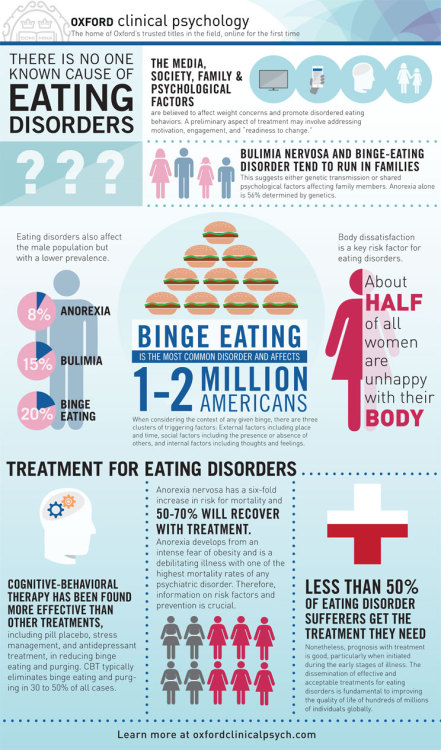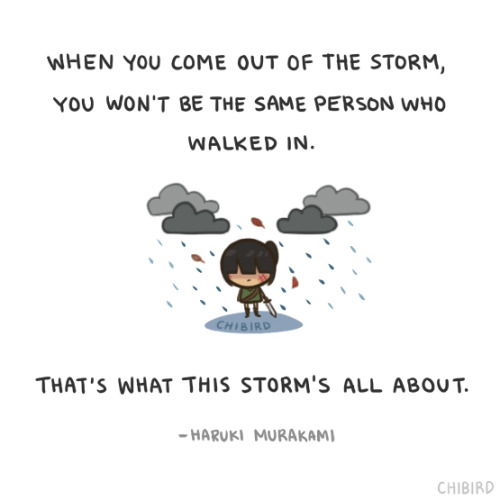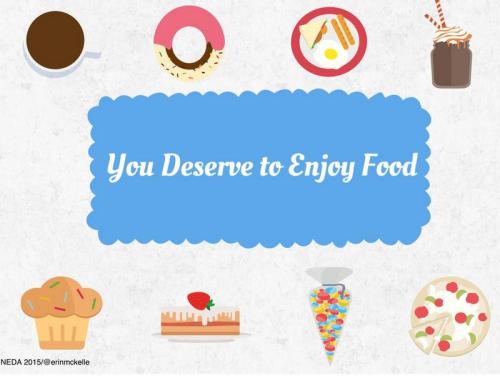***A quick housekeeping note: I'm on Bloglovin' now! So please go follow me, thank you! ***
I feel like I am going to get a lot of criticism on this post.
I do not mean to offend or belittle anyone with these opinions, but there are a few things that I want to get off my chest. It seems like as of late, eating disorders are just the "popular thing to get" and many people (especially those in the public eye) are jumping on the confession-about-an-eating-disorder bandwagon.
I'm not saying that it's necessarily a bad thing; in fact, I think that it is helping to end the social stigma around eating disorders so that more and more people who have a problem are willing to reach out and get help. It's helping people understand eating disorders, how it's not just a "I wanted to look better" thing. It's making people understand how much eating and especially eating enough actually matters to our mental health and clarity.
But at the same time, I can't help but feel angry and frustrated at some of the stories and confessions I am hearing.
Eating disorders are not something that you can "get over."
Eating disorders are not just something you can wake up one day and decide to recover from.
Eating disorders are not something that you can be cured of.
Eating disorders are a chronic condition and something that a person will have to deal with for the rest of his or her life. If that person is lucky, the disorder will be in remission and she will not relapse, but there will still never be a day, a week, a month that goes by when that disordered voice will try to draw her back.
Eating disorders are genetically pre-disposed and one cannot just wish it upon oneself. It's like nails on a chalkboard when I hear someone say that she wishes she could be anorexic so that she could diet easier or that she is becoming anorexic because she is on a crash diet pair with a bad body image and thus is not eating enough. No. You can't just "get" an eating disorder from a crash diet. You don't just have anorexia or bulimia because you are in a period of life when you are not satisfied with the curvature of your hips and decide that starvation is the answer. You may be suffering from disordered eating patterns or a low self esteem - both of which do warrant help - but an eating disorder is a clinically diagnosed mental illness.
We don't starve to be thin enough so that we love our bodies. We starve and become thin as a form of validation. We don't starve because we "want to," we starve because our minds have become programmed so that it is all that we can do. We look horribly emaciated and thin? Yes, trust me - we know. But at the same time, we don't know; the mental illness makes us feel larger than we've ever felt before.
Eating disorders are not a size issue and it's useless to berate the media or social perceptions for making girls (and boys) feel like they must fit into a specific shape. Yes, we do need self love, but not in the way that you think. Eating disorders have been around for centuries - long before the "thin revolution" and even during times when being full and voluptuous was considered the feminine ideal, so don't tell me that I need to love my body the way it is and "screw society's beauty standards." It's not the way society is targeting me; it's the way my own mind is attacking me. It's not about the looks, it's about the control.
Truly at the root of it all, eating disorders are agonizing mental battle that will absolutely cripples the sufferer. It's true that there is no "size specific" eating disorder (though anorexia does have weight-related diagnostic criterial) and no symptoms that you must have in order to need help, but please don't water down this mental illness.
It's not a ploy to gain social media followers, not a validation to sell meal plans and food supplements. It's not a game or a show. People die from eating disorders and it's time that we take this mental battle seriously.



